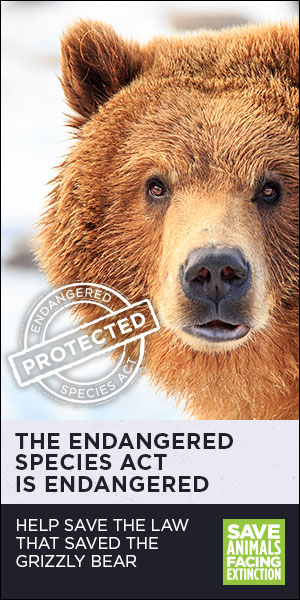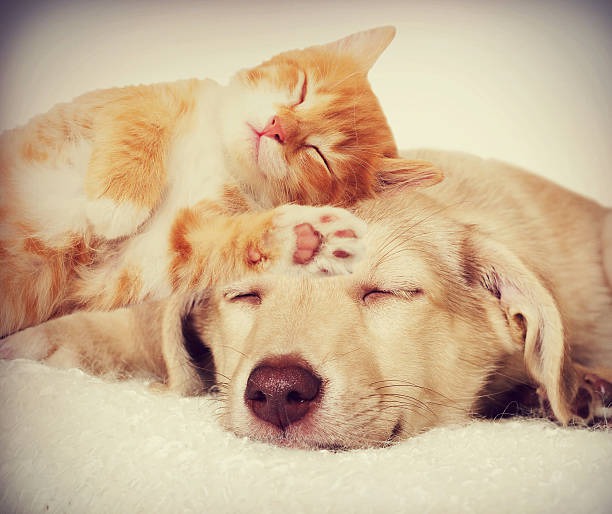When our furry friends need surgery, it can be stressful for both pets and their owners. Understanding the surgical process at a veterinary hospital can help alleviate some of that stress, making the experience less daunting for everyone involved. This guide explains the process, ensuring you know what to expect every step of the way.
Pre-Surgical Consultation
The journey typically begins with a pre-surgical consultation. This is a critical step where the veterinarian assesses your pet’s overall health and determines the necessity and feasibility of the surgery. During this visit, expect the following:
-
A thorough physical examination of your pet.
-
A review of your pet’s medical history.
-
Discussion about the benefits and risks of the procedure.
-
Possible diagnostic tests (like blood tests, X-rays, or ultrasounds) to ensure your pet is fit for surgery.
This encounter is perfect for you to ask questions and express concerns. Transparency between you and your veterinarian leads to better preparation and peace of mind. In some cases, your pet may require specialized surgical care. For instance, if your pet needs orthopedic surgery, finding a highly skilled orthopedic veterinarian in Picayune, MS, or a similar specialist in your area is vital. These experts have additional training in diagnosing and treating bone, joint, and muscle issues, ensuring your pet receives the best possible outcome.
Preparation for Surgery
Before your pet undergoes surgery, it’s imperative to follow the pre-operative instructions given by your veterinarian. A significant component of these instructions will often involve fasting. Here’s a breakdown of what this typically includes:
-
Food Restriction: Pets must not eat food for 12 hours before surgery. This helps to minimize the risk of vomiting during anesthesia, which can potentially lead to aspiration pneumonia—a severe complication.
-
Water Consumption: While food is off-limits, access to water is usually permitted until the morning of the surgery. Hydration remains essential, but stopping water intake a few hours before surgery helps reduce anesthesia risks.
-
Individualized Instructions: Since each pet is unique, the veterinarian may adjust fasting times based on health conditions, age, or the type of surgery.
-
Ensuring Safety and Success: Adhering closely to these instructions is critical to ensuring your pet’s safety during the surgical procedure. Please get in touch with your veterinarian for clarification if you have any concerns or questions about the fasting process.
Preparing your pet for surgery following your veterinarian’s specific pre-operative fasting instructions is critical. Doing so means you’re working towards a safer anesthetic experience and smoother surgical procedure for your furry family member.
The Day of Surgery
Your pet will be admitted to the veterinary hospital on the day of the surgery. Here’s a simplified rundown of what happens next:
-
Anesthesia: This is administered to ensure your pet is asleep and pain-free during the procedure.
-
Preparation: The surgical site is shaved and cleaned to reduce infection risk.
-
The Surgery: The veterinarian performs the surgery following strict sterile procedures.
-
Monitoring: Throughout the procedure, your pet’s vital signs are closely monitored to respond to adverse reactions immediately.
-
Recovery: After the surgery, your pet is moved to a quiet, comfortable area to wake up from anesthesia under close supervision.
This might sound overwhelming, but remember, veterinary professionals are trained to handle these situations with great care and expertise.
Post-Surgical Care
Post-surgical care is pivotal for a smooth and swift recovery. It generally involves pain management, wound care, and sometimes antibiotics to prevent infections. The vet will provide specific instructions based on your pet’s surgery and needs, which may include:
-
Keeping the surgery site clean and dry.
-
Ensuring your pet wears a cone to prevent licking or biting the incision.
-
Limited activity to allow healing.
-
Follow-up visits for suture removal and progress checks.
Adhering to these guidelines is crucial for your pet’s recovery. Deviations can lead to complications, extending the healing process.
Besides emergencies and surgeries, veterinary hospitals offer various wellness services to keep our pets healthy. Services like https://www.picayuneveterinaryclinic.com/site/pearl-river-county-veterinary-wellness-services/emergency-vet provide comprehensive care, focusing on preventive measures to avoid serious health issues down the line. These include routine check-ups, dental care, and nutritional counseling, ensuring your pet lives a happy, healthy life.
The Emotional Aspect
It’s natural to feel anxious when your pet requires surgery. Remember, it’s okay to seek support. Talk to your vet, connect with others who’ve gone through similar experiences, or join pet owner support groups. Educating yourself about the process and knowing what to expect can also alleviate some of the anxiety.
On Being Proactive
One of the cornerstones of veterinary wellness services is vaccination. Regular puppy vaccinations and adult pet vaccinations play a critical role in preventing various infectious diseases. By adhering to a recommended vaccination schedule, you’re protecting your pet and contributing to the broader health of pets in your community.
Final Thoughts
Undergoing surgery at a veterinary hospital is a comprehensive process that involves several careful steps, from pre-surgical consultations to post-operative care. Though the prospect of surgery can be intimidating, knowing what to expect can ease the process for you and your pet. Remember to lean on your veterinary team—they’re your pet’s healthcare providers and partners in ensuring their health and well-being.
Lastly, embracing wellness services, considering specialists when needed, and staying up-to-date with vaccinations are all part of the continuum of care that keeps our beloved pets at their best. Navigating the journey of pet ownership isn’t always easy, but the unconditional love and joy pets bring into our lives make every challenge worth it.


